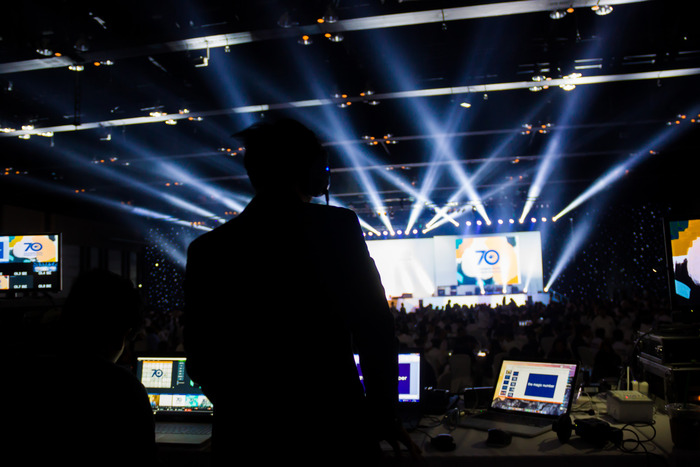Advances in technology have resulted in significant progress in event preparation. Gone are the days of chaotic manual planning and uncoordinated events. Whether it is a corporate conference, a music festival, or a lively trade show, these innovations are crucial to creating a smooth and memorable experience for event attendees.
Event software
Event software simplifies the planning process, covering everything from creating schedules and managing budgets to sending out invitations. Real-time collaboration among event planners ensures everyone stays on the same page, while the software’s automation capabilities deftly handle repetitive tasks, freeing up more time for strategic decision-making. The use of event software dramatically enhances the success of any event (https://www.vbotickets.com/).
Mobile event apps
Mobile event apps have gone from being a nice perk to an essential tool for improving the experience of eventgoers. These apps create a centralized hub, granting attendees access to event schedules, maps, speaker bios, and networking opportunities. Ensure everyone is up-to-date on the latest developments by sending them real-time push notifications. These apps often boast interactive features like live polling and engaging question-and-answer sessions, fostering a more profound sense of involvement among attendees.
Virtual and hybrid event platforms
Virtual and hybrid event platforms bring the world closer, allowing event organizers to reach a global audience while offering unique interactive experiences. Virtual event platforms facilitate webinars, trade shows, and networking sessions, while hybrid events seamlessly blend physical and virtual elements. Embracing these technologies ensures inclusivity, enabling attendees from all corners of the world to participate seamlessly.
RFID and NFC technology
RFID (Radio Frequency Identification) and NFC (Near Field Communication) technologies have taken center stage by revolutionizing event access control and engagement. RFID wristbands or badges provide fast, secure check-ins, substantially lowering wait times and boosting security. Conversely, thanks to NFC technology, participants may make cashless purchases and share contact details instantly, opening up new avenues for fruitful professional interactions.
AI-powered chatbots
Chatbots driven by AI are becoming more prevalent in the event planning industry. These chatbots can address many queries at once from guests regarding the event’s schedule, location, and more, enhancing customer service and the entire experience.
Augmented and virtual reality
Augmented and Virtual Reality (AR/VR) technologies add an intriguing new dimension by releasing events’ full potential. Planners of events can increase participation by giving guests access to supplemental information and interesting 3D pictures on their mobile devices using augmented reality.
On the other hand, virtual reality transports users to alternate realities where they may interact with a company’s products and services as if they were right there.
Social media integration
Social media integration is a crucial aspect of today’s event marketing and attendance since it fosters the growth of a lively event community. Event visibility and reach increase when participants can easily share their experiences on social media in real time. Using hashtags creatively during an event may lead to lively discussions and new connections, strengthening participant bonds.
Final words
The diverse range of technologies above brings unique strengths, enhancing event operations, elevating attendee engagement, and ensuring a truly unforgettable experience for all participants. Embrace these technologies, and you’ll unlock the true potential of seamless event preparation.


